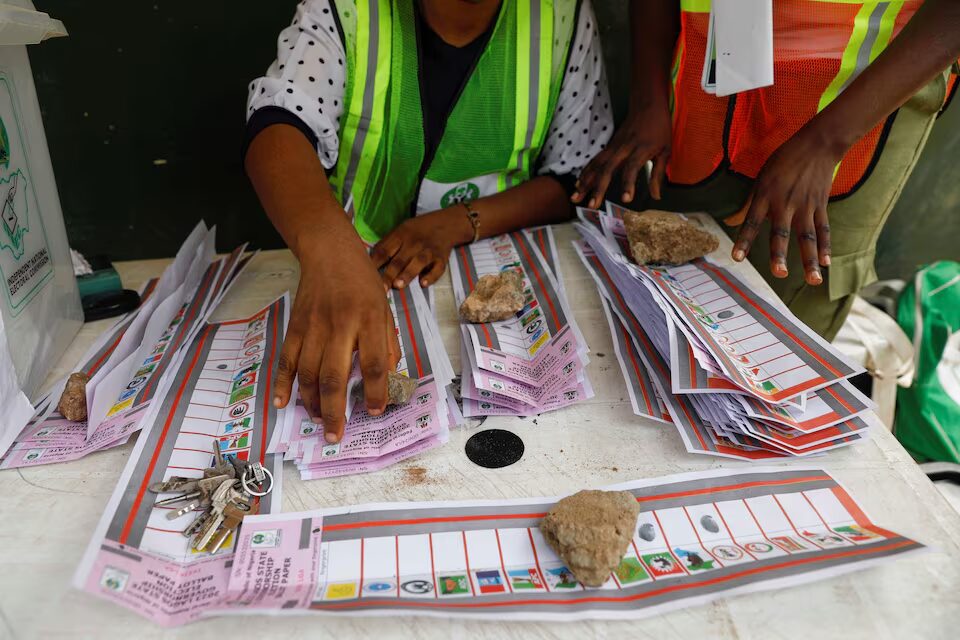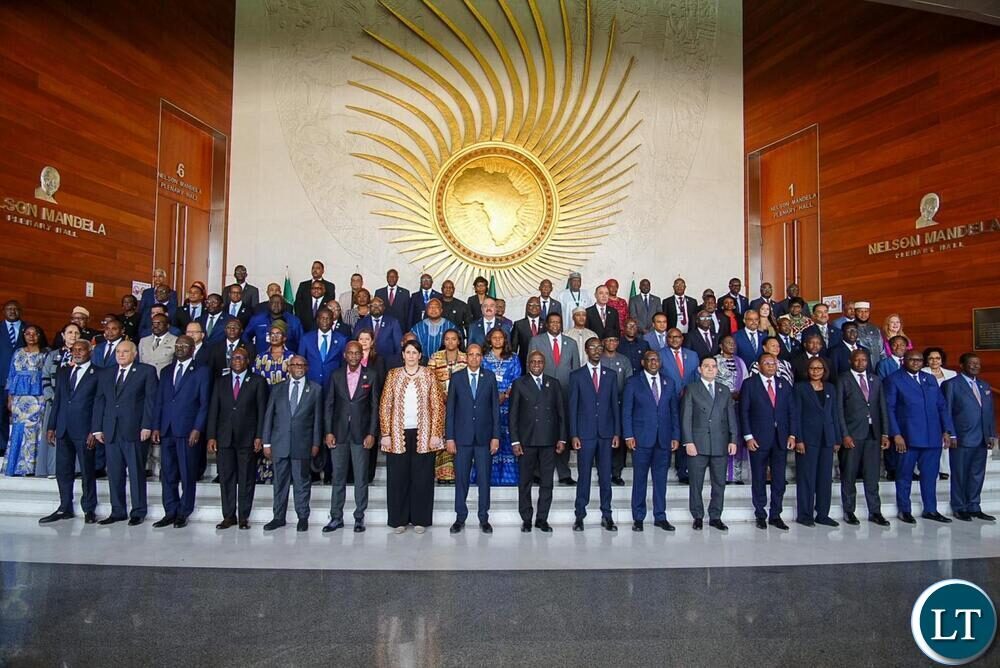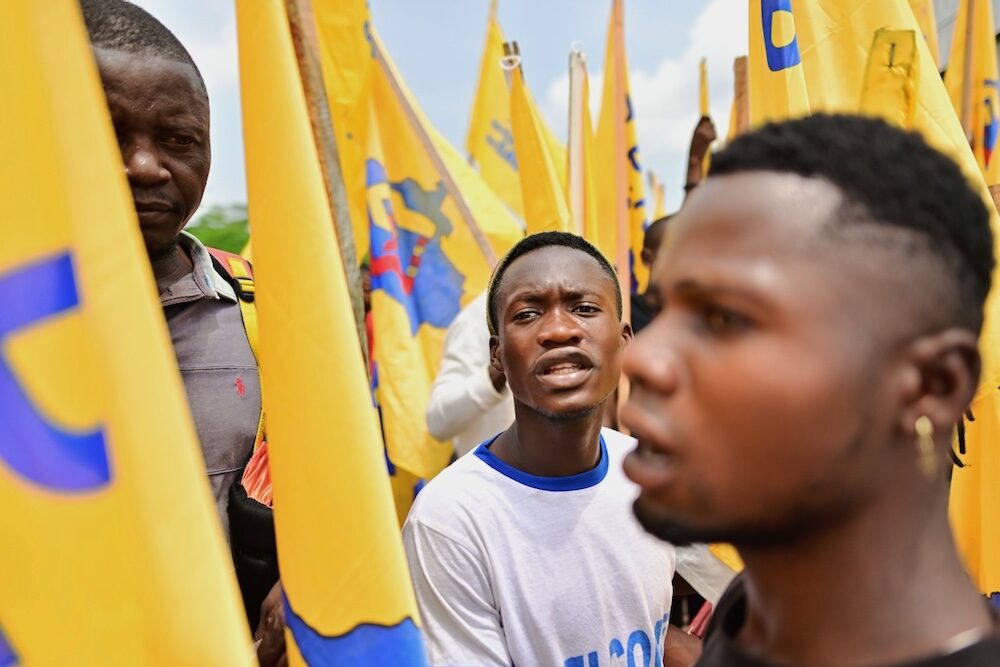
Tuesday 25th November 2025

by inAfrika Newsroom
A new World Bank assessment says Equatorial Guinea poverty levels could worsen sharply as oil revenues decline unless the country reforms its growth model. The Poverty and Equity Assessment, the first of its kind for the country, finds that nearly half the population still lives in poverty despite years of high oil income.
The report describes Equatorial Guinea as an upper-middle-income economy with deep inequality and weak non-oil sectors. It warns that the end of the oil boom will narrow fiscal space while social needs remain acute. As new growth engines lag, the country faces what the Bank calls “a decisive moment” for turning natural wealth into “human riches.”
According to the study, Equatorial Guinea poverty reduction will require better public investment management, improved basic services and stronger institutions. The Bank urges reforms in education, health and social protection, alongside policies that support private-sector development outside oil. It also highlights the importance of data, since limited statistics make it difficult to track progress or design targeted programmes.
World Bank officials say the government still has time to diversify if it prioritises inclusive growth and transparency. They encourage Malabo to invest more in people, especially children and youth, through quality schools, clinics and safety nets.
Moreover, the assessment notes that tackling Equatorial Guinea poverty aligns with building a broader middle class that can support stable domestic demand. Without such a shift, the country risks a future of shrinking opportunities once oil income falls away.
Why it matters for Africa
The Equatorial Guinea poverty findings matter because they mirror dilemmas facing many resource-rich African states. Oil and gas can raise national income without lifting most citizens if institutions are weak and spending is poorly targeted. Equatorial Guinea’s choices now will show whether a late-stage petro-state can still pivot toward inclusive, knowledge-based growth. Lessons from its reforms or failures will interest other African exporters watching their own reserves mature. If the country invests more in people and accountability, it could turn a narrow boom into long-term resilience instead of another cautionary tale.


